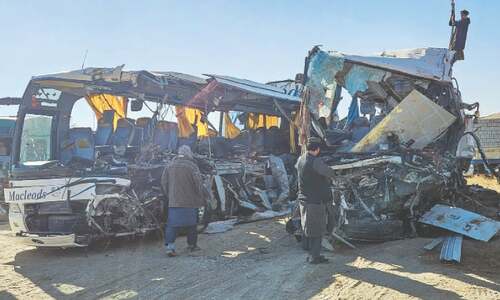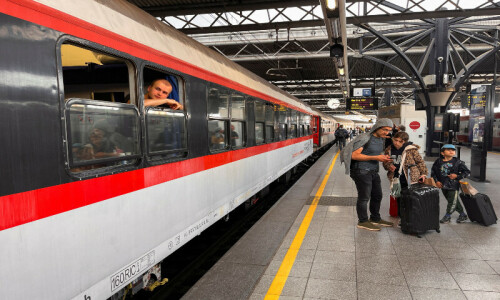ALPURI: Shortage of schools and teachers coupled with abject poverty have emerged as major hurdles to the girls’ education in Shangla.
Local residents insist over two-thirds of girls in the district discontinue education after eighth grade.
According to them, the school dropout rate among girls is very high compared to other less-developed districts of the province. In the district, which borders Swat valley, the people’s access to basic facilities and economic opportunities is poor. According to the people, 80 per cent of the district’s population live below the poverty line. Many local residents work in the countrywide coalmines, especially in Balochistan and tribal areas, to earn a livelihood for families.
The education department officials say around 80 per cent of the girls in Shangla abandon education after passing the eighth grade examination first due to a lack of schools and second due to extreme poverty.
Only five percent girls take admission in the only four girls’ high schools of the district, while the remaining enroll themselves in the boys’ schools.
The officials say the government schools for girls in Shangla total 193. Of them, 168 are primary, 21 middle, four high and two higher secondary schools. The number of girls enrolled there is 15,998. Around 26,700 girls study at the boys’ schools.
Mah Noor, a 10th grader at Chakesar High School for Boys, said like many other local girls, she wanted to continue education but poverty and lack of schools in the district had restricted her to eighth grade education.
“There is one government school for girls in Chakesar area but it is short of teachers. The school lacks other facilities too,” she said. Local resident Haji Azeem Khan complained the district had not a single degree college for girls. He said the establishment of a girls degree college was planned in 2008 but the plan was shelved due to diversion of its funds to rehabilitation projects in the earthquake-hit areas.
The local said the 2005 earthquake had destroyed 70 per cent of local schools. “Only 28 of the destroyed schools have been reconstructed until now,” he said, adding that only two of the seven girls school washed by the flashfloods have been rebuilt.
The people said there were only two higher secondary schools for girls in Alooch and Lewanai villages, where most teacher posts had long been lying vacant.
They complained they had repeatedly requested lawmakers from the area to step in to ensure for better educational facilities for girls, but to no avail.
When contacted, DEO (female) Parveen Rehman said primary schools in the district were short of 65 teachers.
She said among vacant posts were two of principals, four of headmasters, 20 of subject specialists, six of senior English teachers, one of IT teacher and 11 of science teachers. The DEO said the National Testing Service would be engaged to fill vacancies.
She said the department would ensure early provision of the best possible facilities to schools. Ms Parveen said half of schoolteachers didn’t understand their courses and therefore, they would be given necessary training to the benefit of students.
Published in Dawn, December 10th, 2014











































